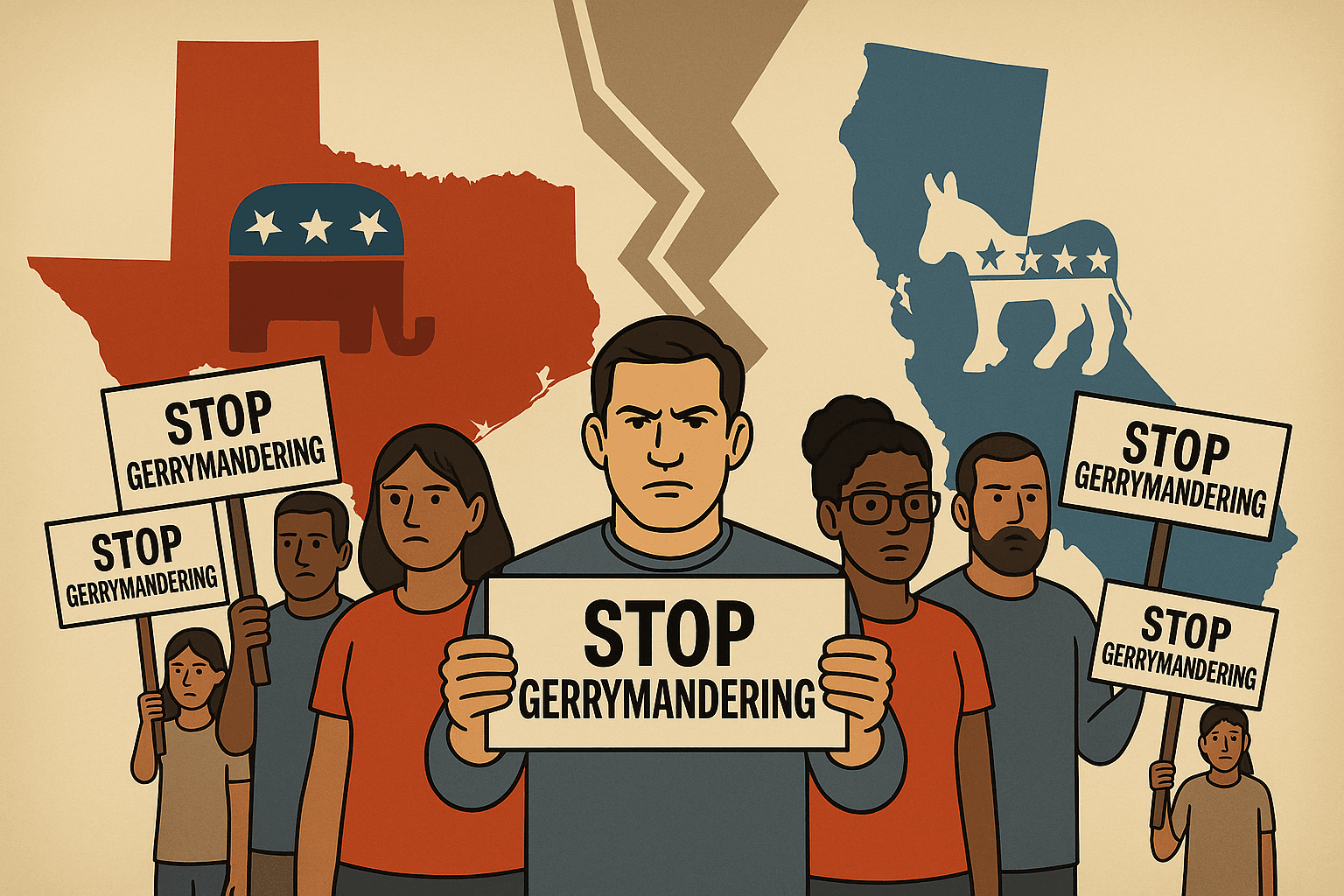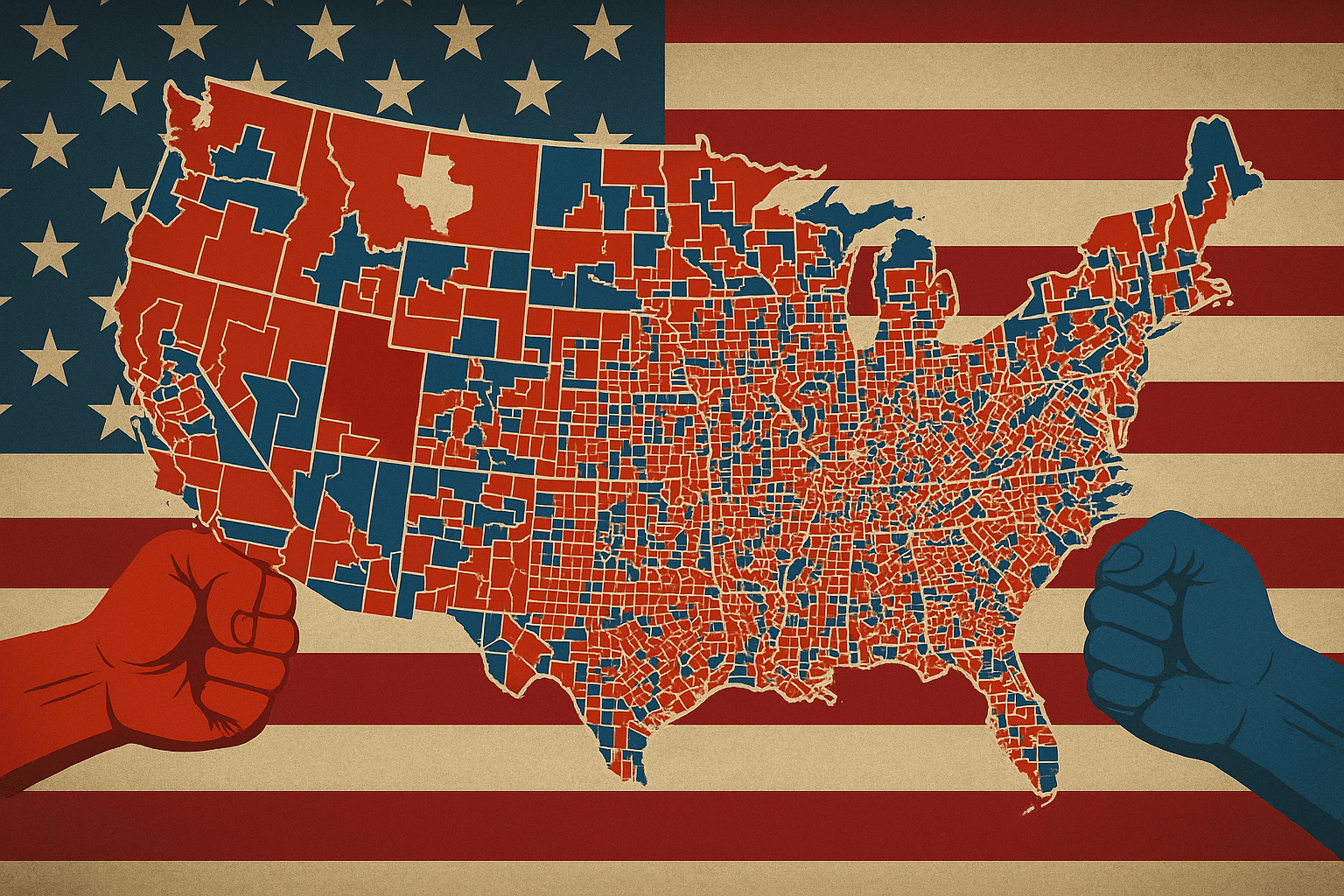Why Proportional Representation Would Strengthen Third Parties in America

While this may be "business as usual," the winner-take-all system carries with it a deep flaw: While most Americans want a viable third party, they know full well when they enter the ballot box that the winner will be a Republican or a Democrat.
This leads to the further validation and continued influence of our two-party duopoly on policy and debate.
The United States and European countries have seen new parties emerge over the past century or so, and yet while new parties in European systems have won seats as well as viability, minor parties in the United States find little to no opportunity to win, and thus find it nearly impossible to build the necessary support to make a meaningful difference.
Under the American system, both major parties -- as well as the campaign professionals who support their candidates -- each have the ability to map out a clear path to victory and maintain their hold on state and national policy conversations. Despite the clear failings of winner-take-all politics, there is no incentive among the ruling parties to give up the electoral comfort they enjoy.
That is why it is not reasonable to attempt to fix our present system; it cannot be fixed and must be replaced if America is to truly see democracy in action. The most logical existing solution is to institute a proportional representation system, following the principle that like-minded voters should win representation in proportion to their share of the popular vote.
Such systems already exist in many democraciesaround the world, including Belgium, Israel, Italy, Russia, Spain, Sweden, and Switzerland. In these countries, instead of one-seat districts, voters have several representatives for their jurisdiction.
For example, five one-seat districts would be combined into a single five-seat district. A party or group of voters that wins 20 percent of the popular vote would win one seat, and two others with 40 percent each would occupy the remaining four seats. The numerical possibilities would vary with the number of seats available and the breakdown of votes.
This idea should give cause for independent voters to rejoice: while the call for proportional representation is nonpartisan, alternative political parties and movements would find new strength and potential influence under such a system.
If even just one alternative candidate took legislative office, his or her presence could not only create a shift in policy conversation, but also in support for his or her party. Voters would be able to see that party's agenda in action and many would be more likely to vote for that party's candidates in the next election.
Over time, this would build the framework for independent politics, which is nigh impossible in a two-party system that forces candidates to subscribe to specific ideologies.
Voters will appreciate the change, too: nations with proportional representation enjoy higher voter turnout than their winner-take-all counterparts. Since each vote carries more weight, voters have more incentive to participate.
Proportional representation also renders gerrymandering, the practice of redrawing district boundaries to strengthen the hold of one party over another, fruitless and obsolete. When 20 percent is all that is needed for a candidate to win in a five-seat race, it becomes extremely difficult for legislators to tilt the outcome in their favor via gerrymandering.
Successful implementation of proportional representation in state and federal legislatures is difficult, and will most likely require a constitutional amendment to be successful. While the process of changing the constitution is a long and arduous one, it is necessary if America is to see true political competition.
And when parties finally compete, voters win.



